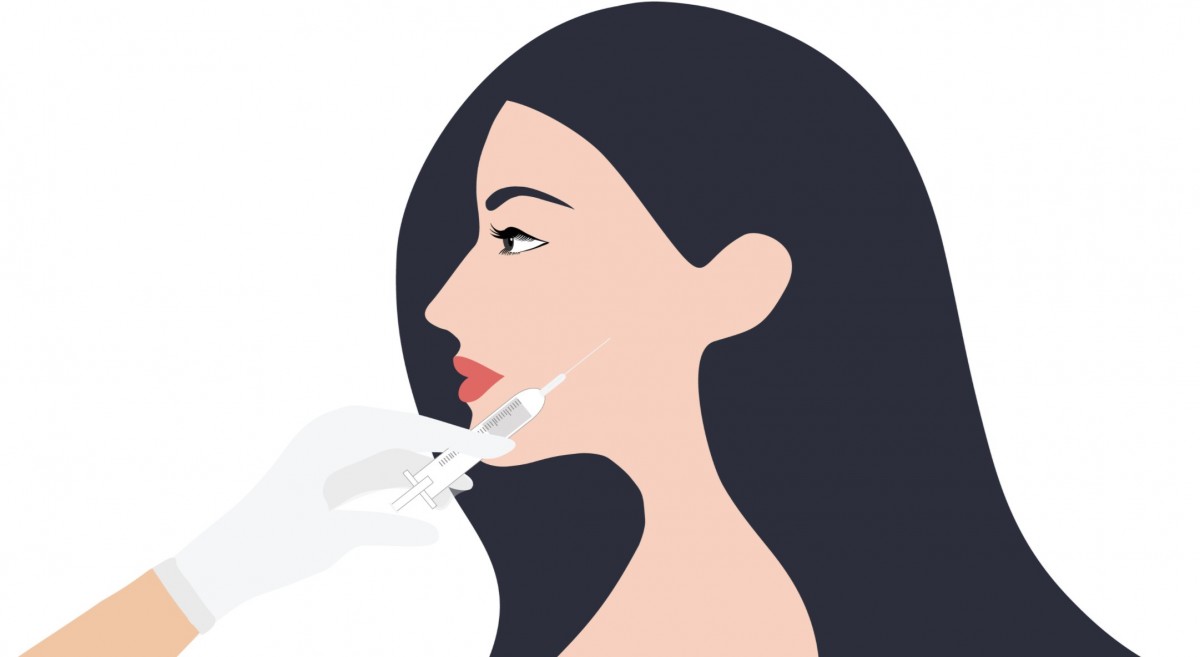So, the decision has been made to proceed with getting Botox injections. Whether it be for medical or cosmetic reasons, here are some important things to know to help in preparing for a botox procedure.
Before the Botox procedure
You may be advised to stop taking fish oil, ginkgo supplements, aspirin and anti-inflammatory medications 2 weeks before treatment. One should also avoid alcohol 2-3 days before the procedure, as they have blood-thinning effects, which may increase the risk of bruising.
During the Botox procedure
Botox injections are usually performed in a clinician’s office. For cosmetic procedures, clinicians might use one or more methods available, to numb the area prior to the injection. Some examples include topical anaesthesia or ice.
Botox is administered by diluting the powder in saline and using a small needle to inject it into the area of interest. The number of injections needed depends on several factors, including the extent of the area being treated.
After the Botox procedure
You can usually go home right after Botox procedures, but it is essential to heed certain aftercare practices for optimal results.
To minimise the excessive spread of toxin and bruising:
- Remain upright for at least 2-4 hours after injection.
- Avoid pressing or rubbing the treated areas for 24 hours.
- Go make-up free as applying makeup will usually necessitate pressure on the skin and introduce bacteria.
- Avoid sleeping on injected area.
- Minimise sun exposure for 1-2 days as the heat can cause flushing and increased circulation of toxin.
- Avoid heavy exercise for a day. Physical activity increases blood flow which may spread the toxin to unintended areas and reduce its effectiveness at the injection site. It also increases the risk of bruising.
- Avoid alcohol for 2-3 days after the procedure.
- Ask your doctor when it is safe to resume medications, e.g. blood thinners, if any.
How long does it take to see the results?
It takes about 1-3 days post-treatment for the results to appear, and effects can last up to 12 months . The longevity depends on everything from the way a patient’s body metabolises the product, to the area being treated. To maintain the effect, you’ll need regular follow-up injections.













